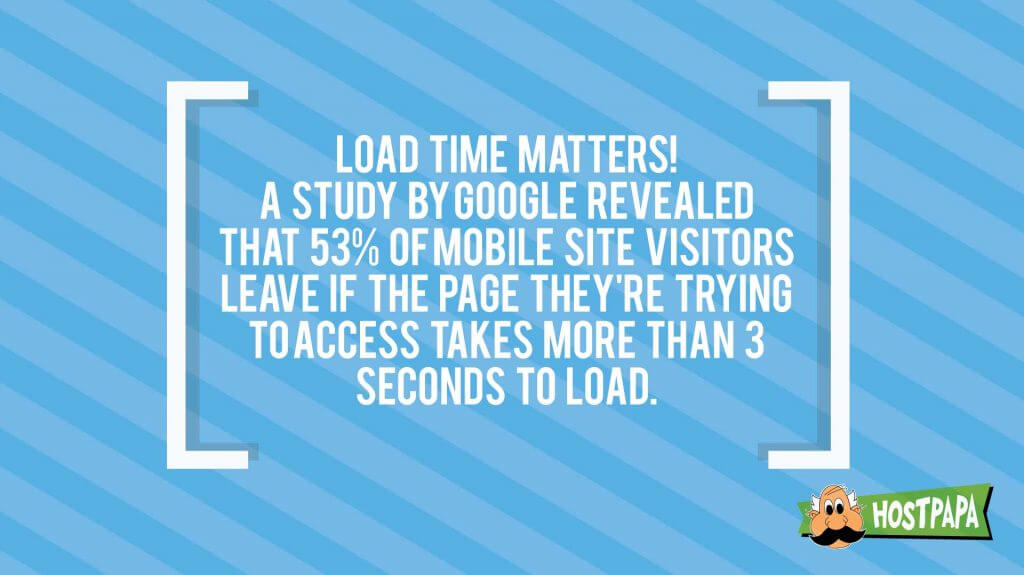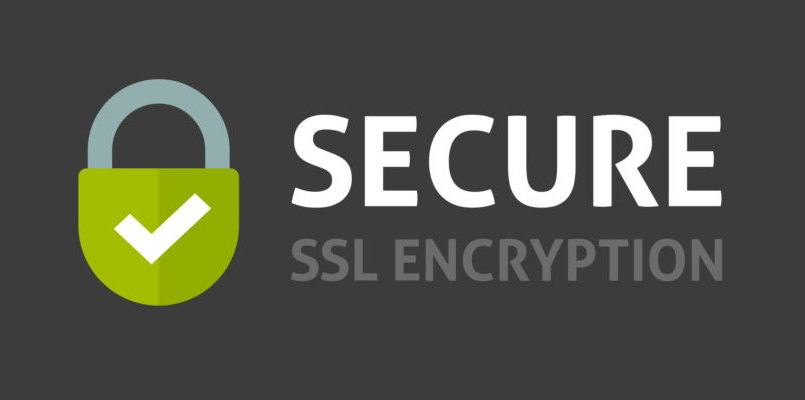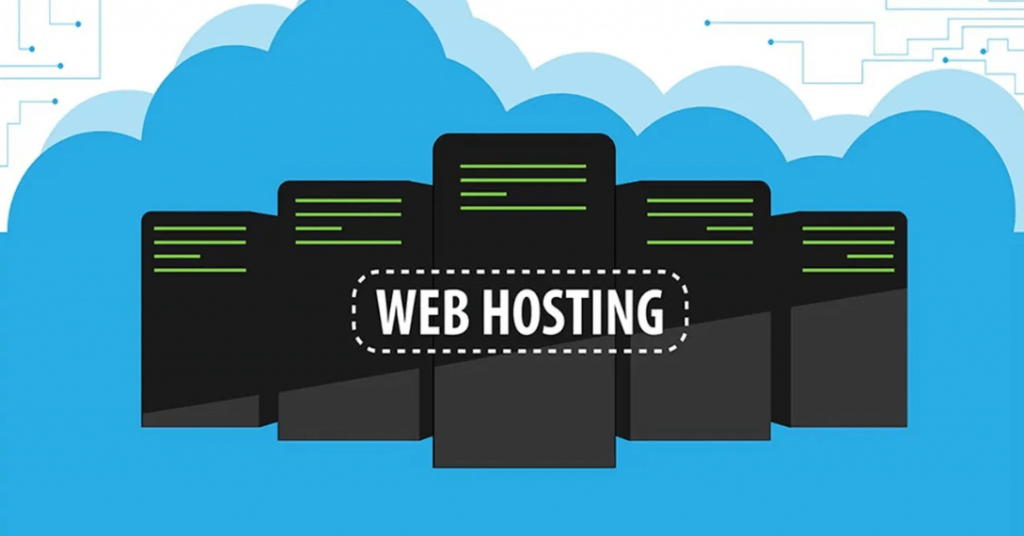Every business needs a website these days. Word of mouth can only take your business so far. Eventually, you’re going to need some way for people to find your business if you want to keep operating.
It’s great if you already have an idea for your website, but have you given any thought about which web hosting service you’re going with?
Your web hosting choice is important because it determines your website’s performance and security—ultimately reflecting your business and brand. But, with so many web hosting services to choose from, how do you make the right choice?
No worries:
In this article, I lay out the 11 key things to consider to help you choose the right web hosting service for you.
Main Considerations
When evaluating a web hosting provider, there are three major factors you should first consider: average uptime, page load time, and customer support.
1. Average Uptime
The first factor to look out for is average uptime which is the average amount of time your website stays up within a given period of time. Your website’s average uptime is important because it can affect how much traffic your website gets. Your website won’t be getting much traffic if visitors can’t access it when they visit.
Just one hour of downtime means your business is already losing a lot of potential sales. This is why you’d want your average uptime to be 100% or as close to it as possible. An average uptime below 99.90% means you should start looking for a different web hosting provider.

2. Load time
Another major factor you have to consider is page load time which is the amount of time it takes for a web page to load. Similar to uptime, your page load time affects how much traffic your website gets.
This is because the slower your web pages load the more frustrated the visitor gets. A study by Google revealed that 53% of mobile site visitors leave if it takes more than 3 seconds to load a page. It’s for this reason that you want a web host that can provide page load times of 3 seconds or less.
3. Support
The last major factor to consider is the web hosting provider’s customer support. Getting helpful customer support means you can deal with website problems faster and more effectively.
Web hosting providers usually offer phone, chat, or ticket-based customer support. But what really matters is how quickly they can respond and how knowledgeable their support team is.
Other Considerations
Different businesses will have different hosting needs. A fledgling personal blog won’t need the same features that a large online store requires.
Here are the factors you can consider depending on the specific needs of your business.

4. Pricing and renewal
Every business is looking to make a profit. In order to do so, you have to be willing to invest some money into it first.
However, if you’re just starting out, you may not want to spend your life savings on an expensive hosting plan. Conversely, you may not want to cheap out on features if you’re running a website for a major brand.
Another thing to watch out for when it comes to pricing is the cost of renewing your account. You may be surprised to find that the renewal cost is actually higher than your initial payment when you signed up.
5. Free domain
Many web hosting providers usually offer a free domain for one year. After that, you’ll need to start paying a fee to continue using that domain.
A free domain is usually in the form of [yourname.webhost.com]. This is also known as a subdomain. While it may not look very professional, it’s good to have while you’re starting out.
6. Bandwidth and storage
Web hosting bandwidth is the amount of data that a website can deliver to its visitors over a certain period of time. So, the higher bandwidth a web hosting provider offers, the better.
Similar to bandwidth, the more storage you get, the better.
Storage or disk space is self-explanatory since the term is commonly used. It determines the amount of site content you can store which includes text, images, code, databases, and even emails.
7. SSL
Some web hosting providers offer free SSL as part of their plans.
When we talk about web hosting SSL, we’re usually referring to SSL certificates. An SSL certificate creates an encrypted connection and establishes trust. It adds that padlock icon before your URL and puts the “S” in HTTPS.
SSL helps secure your website transactions by encrypting any information going through it. This is important especially for e-commerce sites.

8. Refund options
Some web hosting providers offer a set period with a money-back guarantee.
When you’re trying out a web hosting service, it’s ideal to have hassle-free refund options. This lets you pay to try out their service and see if it provides what your business needs. If you find their service not worth the money you paid, at least it’s easy to get your money back.
People who have a hard time getting refunds from a web hosting provider will usually air out their frustration on the web. You can search for these complaints (usually on forums or on review sites) to see if the money-back guarantee is as hassle-free as the provider claims.
9. Backups
Your web hosting provider should ideally offer regular website backups or at least make it easy for you to do yourself.
A website backup is a copy of your website and helps keep your website up and running. It prevents you from losing all your website progress and data if something unfortunate occurs.
10. Security
Your web hosting provider should provide security features like security monitoring, DDoS protection, LetsEncrypt SSL, RAID, as well as secure data centers.
When looking for a web hosting service, never forget about security. Choosing a hosting service that offers great security means both your website and your customers’ data are safe. If you’re looking for an additional security layer, take a look at the security features and available plans when choosing a web hosting provider. Companies like HostPapa offer additional security options so you can safeguard your website from hackers.

11. Extra Features
If you’ve found several prospective web hosting providers, but you still find it difficult to pick one, checking out their extra features should tip the scale.
Some useful extra features can include the following:
- Unlimited or free email accounts
- Free site transfers
- cPanel availability
- CDN availability
- One-click WordPress installation
- Site builder access
- Specific data center location
Find Your Web Hosting Provider Today
Finding a web hosting provider is an important part of building your website. Finding the right one may be hard with so many hosting providers in the market.
Remember to consider the essential factors before moving on to more specific ones. All it takes is a little online digging to find the information you need.




